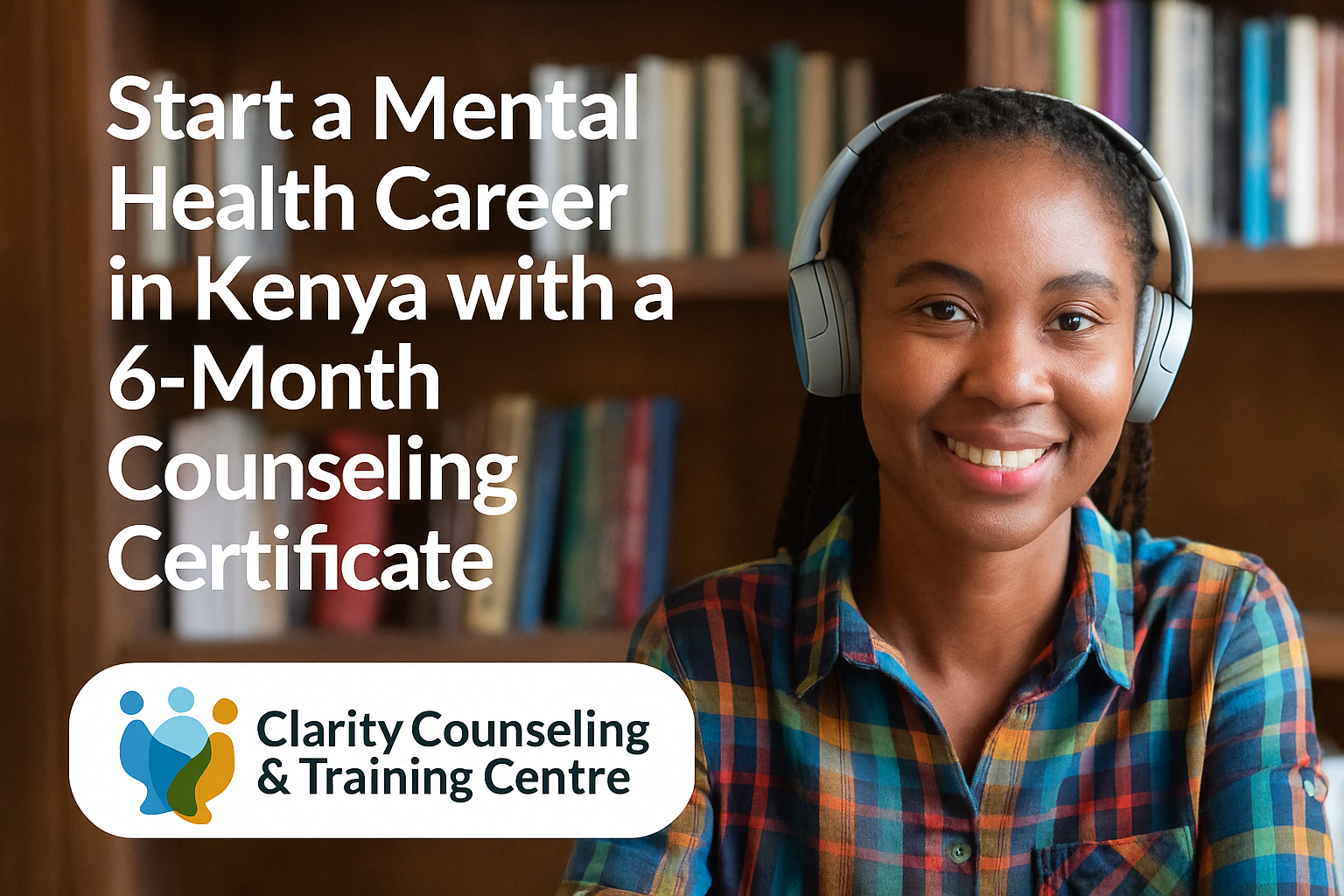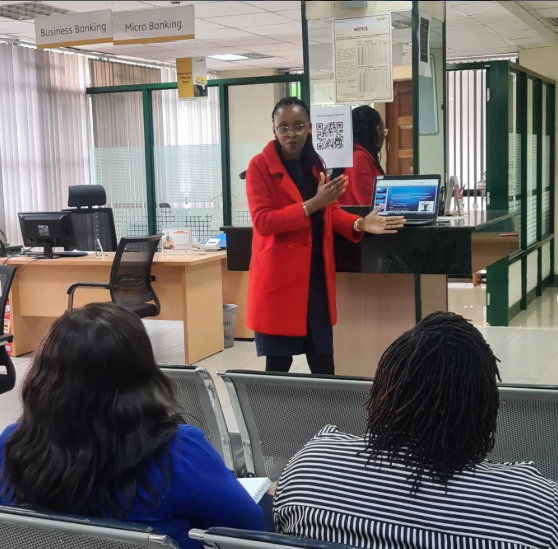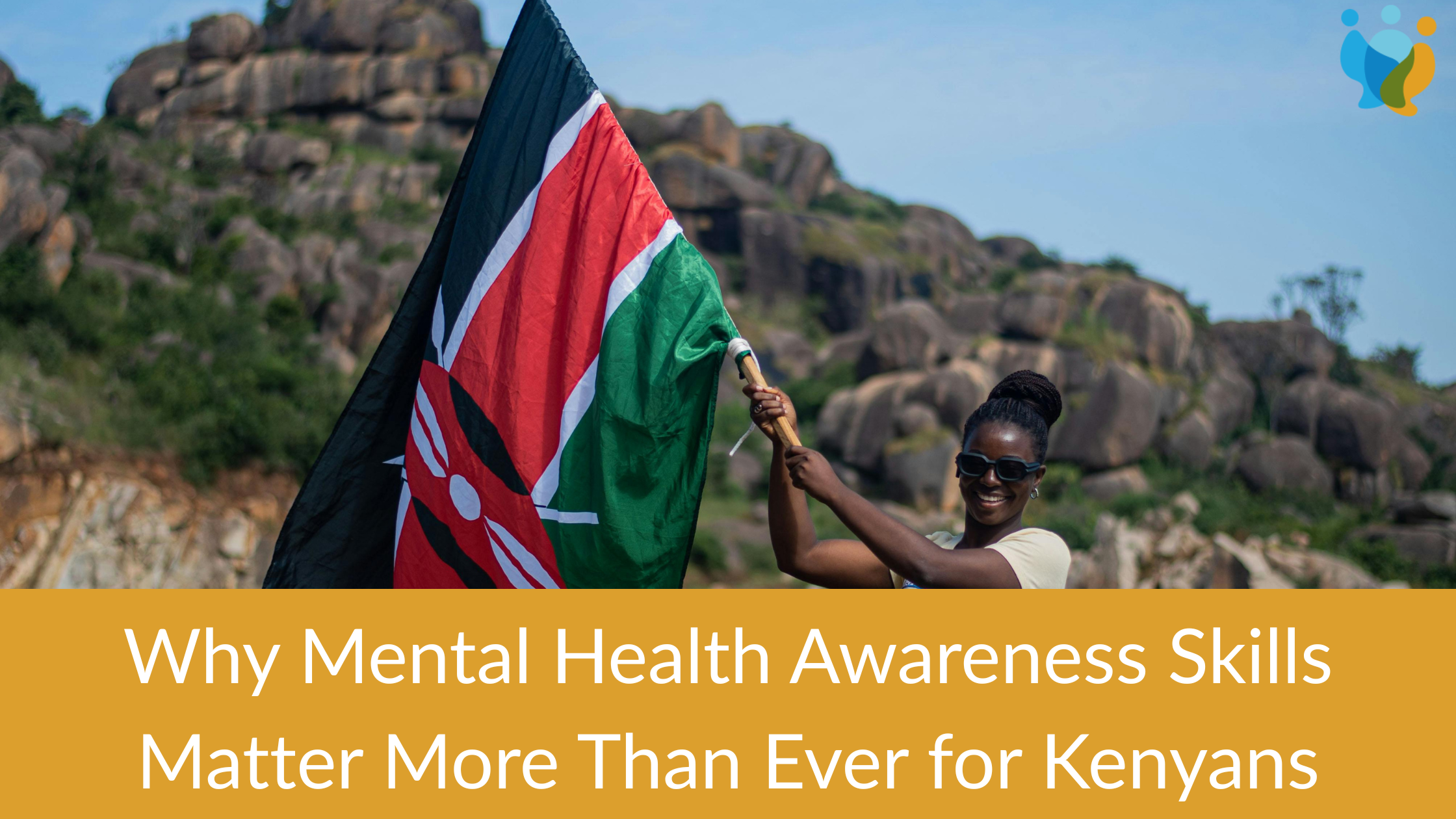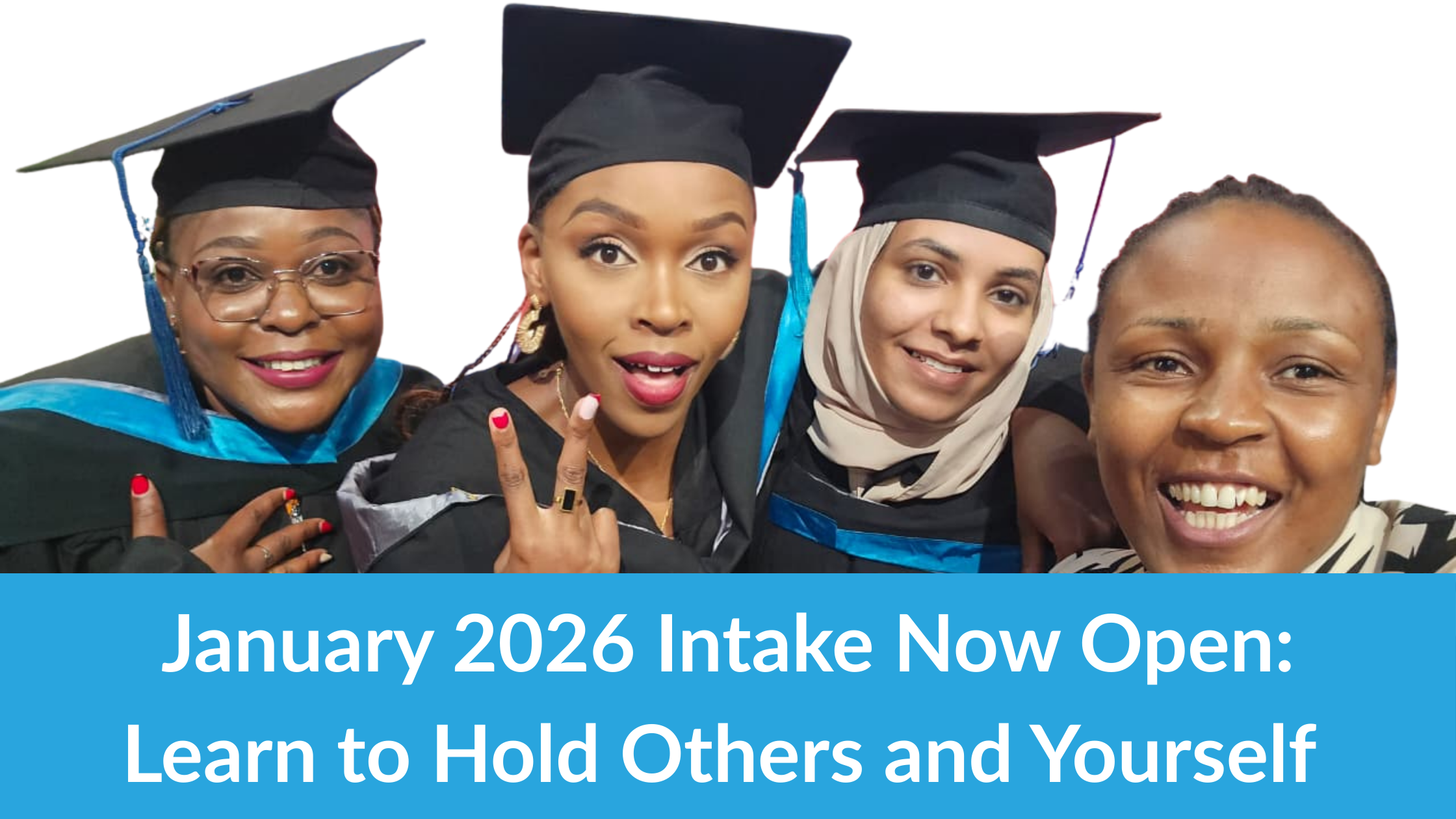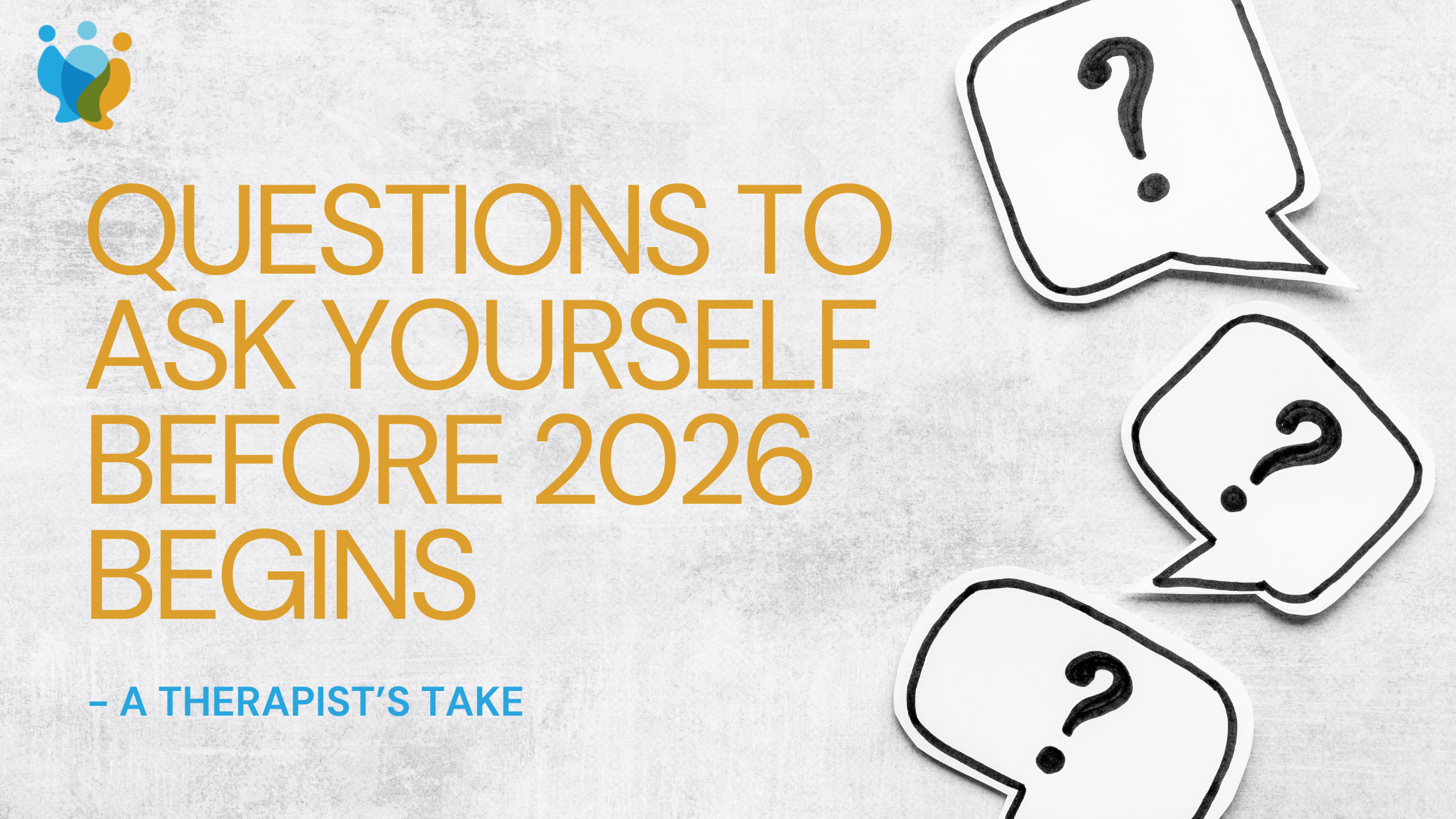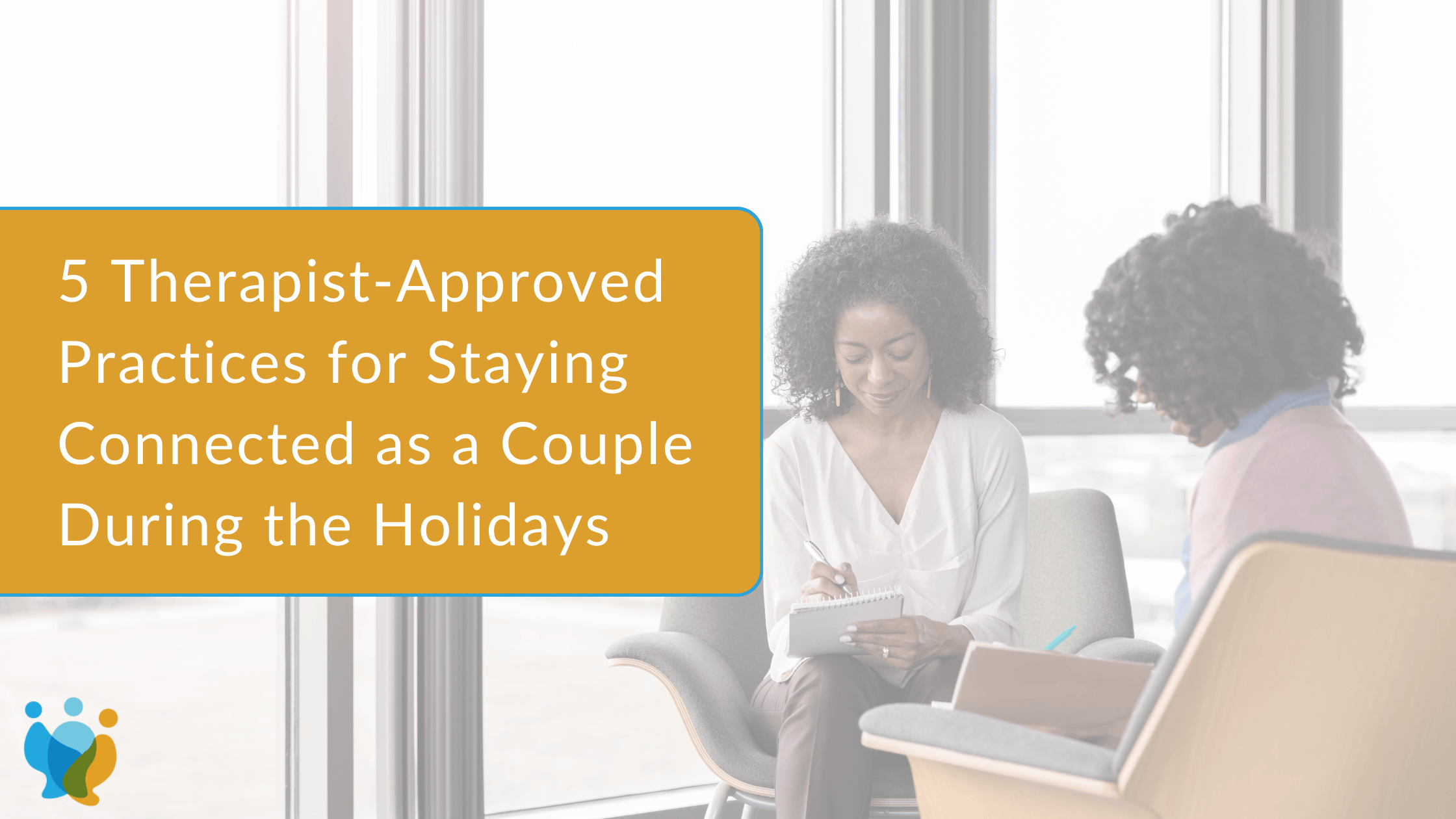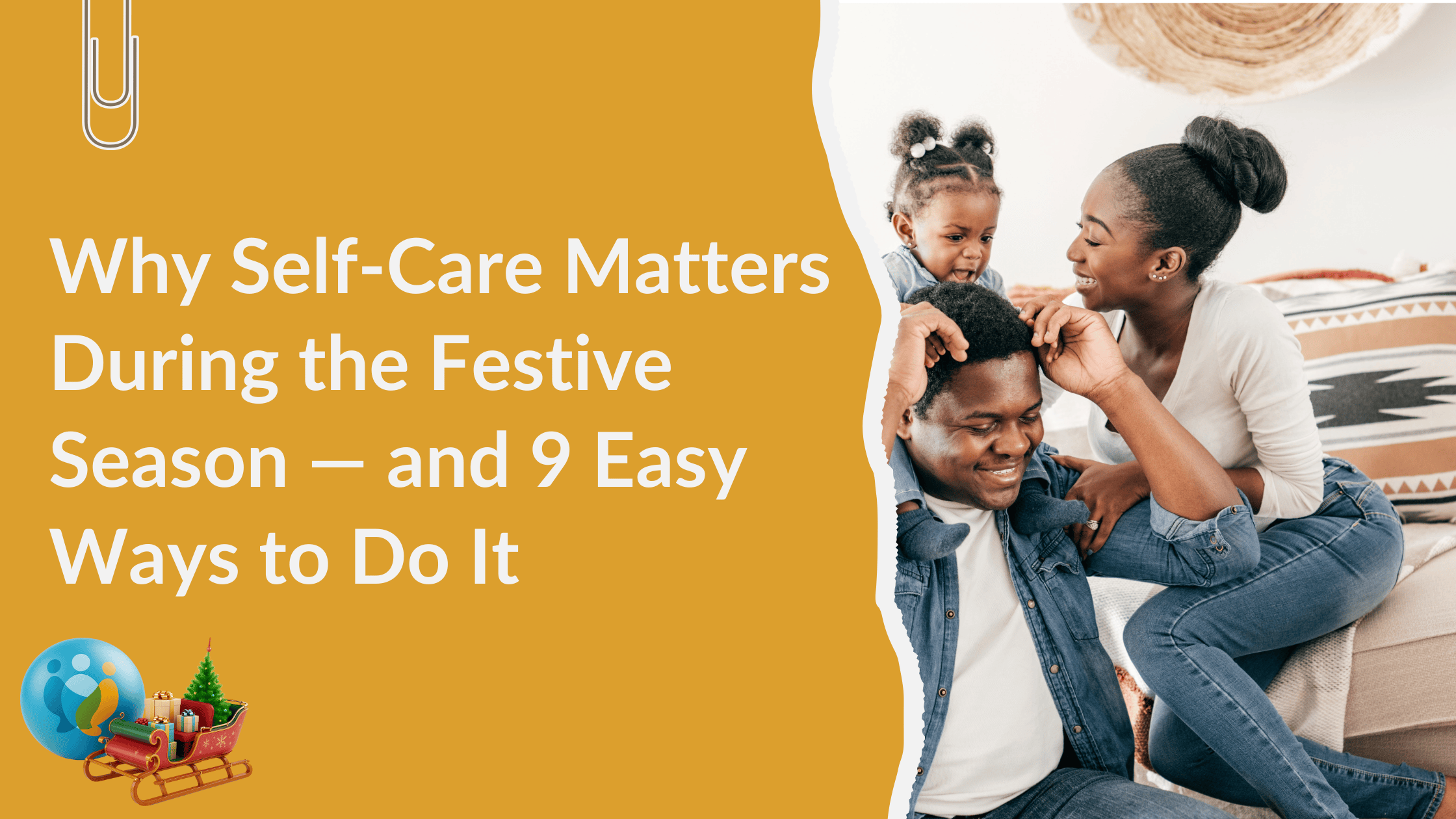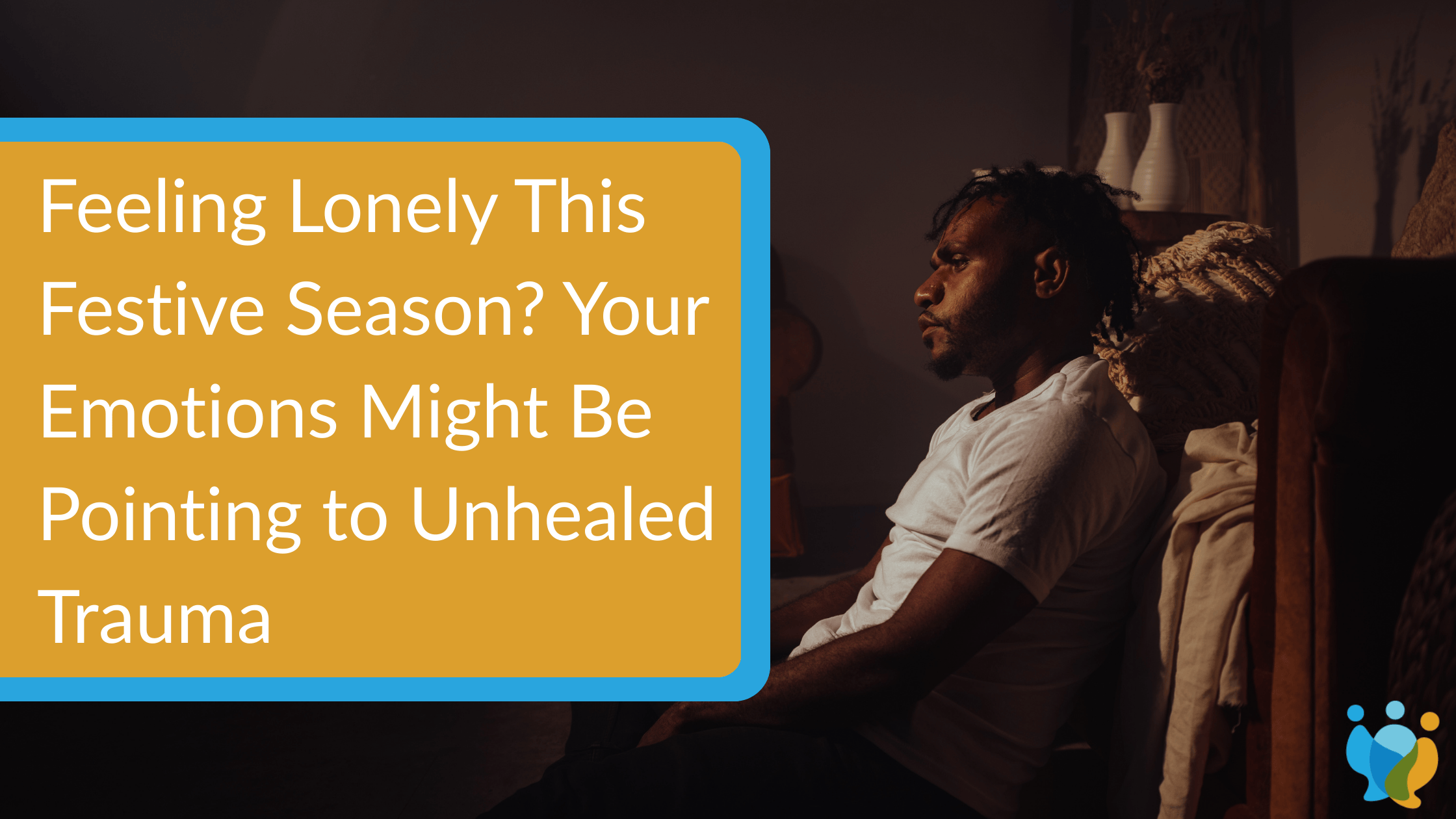10 Must-Ask Questions Before You Choose a Counselling Course That Pays Off
Choosing a counselling course is more than picking a program. It’s choosing who you’ll become. These ten questions will help you choose wisely.
For many learners, it starts with a late-night Google search.
- “Best counselling courses in Kenya.”
- Then: “Which counselling course pays well?”
- Then: “How do I know if I’m choosing the right one?”
The tabs multiply blue light, washing your face at midnight. Every website promises transformation, smiling graduates, golden testimonials, glowing words like life-changing and impactful.
But behind that glowing screen is someone quietly wondering:
Will this really change my life? Will I even be good at this? Will it pay off in money, purpose, or both?
If you’ve ever been there, halfway between curiosity and doubt, this post is for you.
Before you click “Apply,” pause. Ask these ten questions.
They will help you find the right course.
They’ll help you find your reason.
1. What Kind of Counsellor Do I Want to Be and Can I Trust This Path?
Too many students start with a form, not a vision. But purpose should lead, not paperwork.
You don’t just choose a counselling course, you choose a calling. Before you sign up, ask yourself: Where do I see myself serving?
Is it in hospitals, schools, NGOs, trauma centres, churches, or corporate HR? Maybe it’s your own private practice. Each setting demands a slightly different foundation.
If you’re drawn to practical helping roles (working in community programs, faith-based initiatives, or school environments), a short course like Clarity’s 6-month KNEC-accredited Certificate in Counselling Psychology gives you the right start.
It builds listening, empathy, and assessment skills tools for front-line support work.
If you want to advance professionally, maybe into supervision, mental health specialization, or therapy practice, a minimum qualification of a Diploma course in Counselling Psychology is essential. These take 1½–3 years, dive deeper into theory, human development, and ethics, and open doors to postgraduate or licensing routes.
Each stage builds competence, but your why builds longevity. The difference between burnout and fulfillment isn’t how many clients you see, but whether you’re serving where your heart aligns with your training.
Key takeaway: Begin with vision, not convenience. The wrong fit will cost you years of motivation; the right fit will multiply your impact.
2. Is the Course Accredited and By Whom?
Here’s the quiet heartbreak of many well-meaning learners: six months in, certificate in hand, they realize it holds no weight. No employer recognizes it. No professional body accepts it.
Accreditation isn’t a bureaucratic checkbox, but it’s your course’s passport.
It tells the world: this training meets professional and ethical standards.
In Kenya, look for:
- KNEC accreditation (Kenya National Examinations Council) for Certificate and Diploma courses.
- Recognition by KCPA (Kenya Counselling and Psychological Association).
- Alignment with TVETA (Technical and Vocational Education and Training Authority), that’s another green flag.
- NITA-certified Courses.
These accreditations ensure that once you graduate, you can sit for licensing exams, apply for membership, or pursue advanced study. Without them, your certificate becomes ornamental — a paper that opens no professional door.
Key takeaway: Accreditation protects your credibility, employability, and peace of mind. Never trade speed for legitimacy.
3. Who’s Teaching You? Lecturers or Practitioners?
Every counselling course lists impressive credentials, PhDs, years of teaching, and professional memberships. But what you really need to know is this: Do they sit with real clients?
Because there’s a world of difference between being taught about empathy and being taught through empathy. You might be asking what the difference between a lecturer and a practitioner is, well:
Lecturers are often academically strong. They understand theories, research methods, and the historical frameworks behind psychology. They’re excellent at explaining why Freud thought what he did, or how Maslow shaped modern therapy.
But many haven’t practised therapy in years, or ever. Their insights may stop where the textbook ends.
Practitioners, on the other hand, still work in therapy rooms. They’re dealing daily with anxiety in Kenya, trauma, workplace burnout, grief, and relationships. They know what clients say, how silence feels in a real session, and the ethical tension of not having all the answers.
The best learning happens when these two overlap. Where theory meets life.
What to Look For in Your Instructors
When reviewing a counselling program, whether in Kenya, the U.K., or the U.S., look for:
- Active practice: Are the tutors registered and currently practising under bodies like KCPA (Kenya)? Active registration ensures they’re teaching and also doing.
- Supervision experience: Have they supervised trainee counsellors before? A good instructor critiques; they guide reflection and emotional growth.
- Diverse exposure: Have they worked across different settings (schools, hospitals, private practice)? This breadth helps them connect theory to real-world applications.
- Emotional modelling: Do they display empathy, boundaries, and self-awareness in class? Your teachers should embody what you’re training to offer others.
- Accessibility: Can you reach them for mentorship, or are they hidden behind administrative layers? Mentorship is often what transforms a student into a confident professional.
The Kenyan Context
In Kenya, some institutions hire full-time academic lecturers with little current field exposure. Others, like Clarity Counseling & Training Centre, recruit practising counsellors who bring Nairobi’s living realities into the classroom, such as workplace stress, trauma recovery, faith-based counselling, and relationship dynamics.
It means students don’t “cover” a syllabus; they experience it through local case studies, language, and community context.
That practical touch changes everything. A lecturer might describe grief counseling. But a practitioner can tell you:
- How to handle a session when a client suddenly breaks down
- What to say
- What not to say
- When to hold silence
Because if your tutor hasn’t held space for another human lately, they can’t teach you how to hold it yourself.
Key takeaway: Choose a course where your instructors still practice what they teach. Because theories build knowledge, but lived empathy builds counselors.
Key takeaway: Great instructors shape your knowledge and heart.
4. Does the Course Include Personal Growth or Academics?
Good counselling training teaches you how to help others, and it holds up a mirror to your own life.
Many new students expect coursework: lectures on Freud, Jung, trauma models, or ethics.
But what they don’t expect is how personal it gets. A real counselling course will challenge your beliefs, expose emotional blind spots, and invite you to sit with your own discomfort before you ever sit with a client’s.
Why Personal Growth Matters When Choosing a Counseling Course
Counselling is one of the few professions where you are the tool. If your boundaries are weak, your emotions unexamined, or your pain unhealed, that shows up in the therapy room.
That’s why reputable institutions build self-awareness into the curriculum, not as a side note, but as a requirement.
It’s also why many programs include:
- Self-reflection journals: Regular written reflections on what’s stirring inside you during training.
- Personal therapy sessions: Mandatory or subsidized hours where you become the client.
- Group process work: Spaces where trainees explore identity, triggers, and emotional boundaries together.
You learn to recognize your own projections and triggers before they harm a client. You learn the discipline of empathy without enmeshment.
At Clarity, for example, students receive subsidized personal therapy sessions as part of the Certificate and Diploma in Counselling Psychology, as well as months of intense personal development and self-awareness sessions. Before they ever counsel anyone, they first experience being counselled, often confronting their own grief, shame, or family patterns. We cannot have the blind leading the blind.
This isn’t “extra.” It’s essential. Many learners later say those sessions changed their lives more than any textbook ever could.
Other reputable Kenyan programs integrate similar components — requiring self-reflective essays, group supervision, and ethics workshops that encourage vulnerability and growth.
These academic exercises protect future clients by ensuring counsellors have first navigated their own emotional terrain.
The Hidden Curriculum in a Counseling Course
No one writes it on the brochure, but during training, you’ll:
- Cry
- Get frustrated
- Have moments when you realize how your own story has shaped the way you listen or don’t.
The good news is that it’s not failure but formation into a healed version of you. Counselling education, when done well, breaks you open gently, so you can meet others without judgment.
Key takeaway: Don’t pick a course that only teaches you to analyse others. Choose one that helps you understand yourself. Because counselling isn’t what you do — it’s who you become.
5. How Flexible Is the Schedule for the Counselling Course in Kenya?
Most adult learners aren’t just students; they’re parents, professionals, caregivers, or dreamers trying to rebuild a second career. If your course isn’t built for real life, burnout is inevitable.
Growth should stretch you, not break you.
Before enrolling, ask:
- Are there evening, weekend, or blended classes?
- Is there an online option for those outside Nairobi or abroad in the diaspora?
- Can you pause and resume if life interrupts?
In Nairobi, evening classes hum with tired professionals still chasing meaning after long days (teachers, nurses, HR officers, pastors), people who want to serve, but can’t quit their day jobs yet.
In recent times, part-time and online counselling diplomas are the norm, designed for learners with real commitments. Fortunately, Kenyan institutions are catching up fast, but not all have adapted.
The best programs, like Clarity’s TVETA-accredited Certificate in Counselling Psychology, mirror global flexibility models such as:
- Modular learning
- Weekend intensives
- Virtual mentorship sessions that let you keep earning while you learn
Rigid timetables might look serious, but they often exclude the very people most capable of becoming empathetic counsellors, those balancing life while trying to heal others.
Key takeaway: Flexibility sustains growth. A good schedule supports your life; it shouldn’t swallow it.
6. What Real-World Experience Will You Get from the Psychology Course?
Counselling isn’t learned by memorizing concepts; it’s learned by showing up, and theory without practice is noise.
Ask and get answers to:
- How much practicum or fieldwork does your course offer?
- Do you get supervised sessions
- Case discussions
- Peer counselling
- Opportunities to shadow practising therapists?
These experiences are where everything you’ve studied suddenly becomes real.
In Kenya, most accredited counselling programs like those approved by TVETA, KNEC or KCPA include between 100–150 hours of supervised practicum experience with real clients for diploma-level training.
During this period, you’re placed in institutions such as:
- Hospitals and clinics (working with grief, trauma, or addiction cases)
- Schools (supporting children and adolescents)
- NGOs or community centres (exposure to trauma counselling, gender-based violence cases, or workplace stress management)
At Clarity, for instance, learners begin with mock sessions and peer role-play, then transition into real client work under close supervision. Each session is reviewed by a qualified supervisor who guides you through ethics, emotional boundaries, and self-reflection.
This structured exposure ensures you don’t “clock hours”; you learn to sit in silence, read nonverbal cues, and manage the discomfort that comes with real human pain.
These frameworks emphasise supervision as the gold standard, meaning every session you conduct is monitored, discussed, and refined.
Why It Matters: Practicum or Fieldwork
A 2024 international review of counselling education found that graduates with early supervised exposure were 60% more confident and 40% more employable upon completing their training.
That’s because confidence in counseling doesn’t come from reading about grief; it comes from sitting with someone who’s grieving and learning how to listen without trying to fix them.
The practicum is where empathy becomes skill. It’s where textbook theories turn into heartbeat realities.
Key takeaway: Look for a course offering at least 120+ supervised hours — because confidence grows in practice, not on paper.
7. What’s the Return on Investment, Financial and Emotional?
Let’s be honest, no one wants to invest time, energy, and KES 50,000+ into a certificate that doesn’t lead somewhere. And yet, many do. They graduate with beautiful certificates and no clear sense of direction, or worse, no paying work.
That’s why this question matters. You need to ask: What does “paying off” actually mean for me?
The Financial Return When Choosing a Counseling Course
Counselling can be both a calling and a career. But your income depends on where you practice, how you specialize, and how far you’re willing to grow.
In Kenya:
- Entry-level counsellors (with a certificate) typically earn between KES 30,000–60,000/month, often working in NGOs, schools, or faith-based organizations.
- Diploma and degree holders move into supervisory or specialized roles (trauma in Kenya, addiction, couples therapy), earning KES 80,000–150,000/month.
- Private practice is where long-term growth lies. Once you build a client base, counsellors in Nairobi can earn KES 3,000–8,000 per session, with flexibility to scale.
- Corporate wellness programs are emerging, too. Organizations now hire part-time counselors to run mental health initiatives or employee check-ins.
The Emotional Return With a Counseling Course
Here’s the part no payslip can measure:
- Counselling changes you before it changes anyone else.
- Many students join for career reasons and leave transformed — calmer, more self-aware, more grounded in their relationships.
- When you train as a counsellor, you don’t just learn communication techniques; you start hearing yourself differently.
- You learn to pause before reacting, to listen beneath the noise, to extend grace.
One Clarity graduate described it like this:
“The course didn’t just prepare me for clients. It healed parts of me I didn’t know needed healing.”
That’s the emotional ROI. The kind of growth that follows you home, into your marriage, parenting, and friendships.
Why Balance Matters
A good course doesn’t romanticize counselling as charity, nor does it sell it as a money machine. Instead, it shows you both sides: the professional discipline and the human transformation.
At Clarity, for example, students gain practical counselling skills while also learning how to market their services ethically, set healthy fees, and understand burnout prevention, because sustainability matters.
Think of your certificate not as a final goal but as a launchpad. The students who go on to thrive are those who:
- Continue with diploma or degree-level training
- Join professional bodies like KCPA
- Network with mentors and peers through alumni groups
- Treat counselling as both art and enterprise — a way to serve, and a skill to master
Key takeaway: The course pays off when your competence meets your conviction. You grow, you help others, and over time, you earn both trust and income.
8. What Support Does the Institution Offer After Graduation?
Always remember graduation isn’t the finish line but the starting block. Unfortunately, many students believe the certificate is the destination. It isn’t. It’s the doorway. The real question is: What happens once you walk through it?
In counselling, post-graduation support can mean the difference between momentum and stagnation. After six months of intense training, you need guidance on what’s next and how to:
- Start practising
- Find clients
- Keep learning
Here is what to look for:
- Ask your school these questions before you enroll:
- Do they connect graduates to internship or practicum placements?
- Is there an alumni network or mentorship program?
- Do they offer refresher workshops or continuing professional development (CPD) courses?
- Are there opportunities to join recognized counselling associations (like KCPA)?
In Kenya, this support is often the missing piece. Too many institutions “graduate” students and vanish, leaving them holding a certificate, unsure where to start.
At Clarity, for example, graduates transition into a structured alumni and mentorship ecosystem. They receive guidance on career direction, supervised practice opportunities, and access to group supervision, crucial for any new counsellor learning how to manage emotional load and ethical boundaries.
Key takeaway: Choose a course that doesn’t just hand you a certificate but hands you a community. Counselling is lifelong work — you’ll need guidance long after graduation day.
9. How Inclusive and Culturally Sensitive Is the Training?
Culture shapes how people hurt and how they heal. Besides, a counsellor who can’t understand the context can’t help effectively.
A client from Nairobi’s Eastlands won’t express pain the same way as one from rural Kisii or a Kenyan in the U.K. diaspora. The same applies globally to therapy that ignores race, religion, gender, or identity, risks doing harm where it is meant to heal.
What to look for:
- Ask how your course handles culture, faith, and diversity.
- Are case studies drawn from local and global contexts?
- Do trainers discuss how social issues — poverty, gender norms, spirituality — affect mental health?
- Is faith treated as superstition, or as part of the human story?
Kenya’s best counseling programs integrate cultural humility as part of professional ethics. Students learn to see the client through their own lens of meaning, not through imported theories alone.
For instance, when working with grief, a Kenyan counsellor must understand community mourning rituals, while also focusing on individual coping. Both views are valid, but only if you’re aware of the difference.
Therapy in Kenya standards now require explicit cultural competence training, teaching counsellors to recognize their biases and respect every client’s worldview.
At Clarity, “faith-aware” training doesn’t mean religious preaching. It means creating space for belief, values, and spirituality to inform healing. Whether your client is Christian, Muslim, or questioning faith altogether, the goal is empathy, not evangelism.
Key takeaway: Real counselling isn’t colour-blind or faith-neutral — it’s culturally intelligent. Choose a course that helps you see the whole person, not just the symptom.
10. Does This Course Align With My “Why”?
The right course won’t just train your mind; it will transform your purpose. Forget the glossy brochures for a moment, the intake date, the payment plan, and the certificate frame. Sit quietly and ask yourself:
Why do I want this? Maybe you’ve:
- Been the one people always come to when things fall apart.
- Tired of jobs that pay well but drain your soul.
- Carried your own unspoken pain for years and are finally ready to understand it.
Whatever your reason, that “why” is your compass. Lose it, and even the best course will feel hollow.
Finding Your Fit
A good counselling course doesn’t force a single path; it helps you discover yours. You might realize you’re drawn to trauma work, or youth mentorship, or corporate wellness. You might even decide you’re not ready to be a counsellor yet, and that’s growth too.
At Clarity, every intake begins with a guided self-awareness process. Students are encouraged to name their motivations and expectations before learning how to listen to others. This builds integrity into their practice from day one.
Because this isn’t just education. It’s an excavation. And what you find inside will determine how well you hold space for others.
Key takeaway: Your “why” is your foundation. The course that truly pays off is the one that doesn’t just teach you to listen, it teaches you to finally listen to yourself.
Before You Decide
- Review your answers.
- Which question hit you hardest?
- That’s where your next step begins.
Let Clarity Training Help You Choose Your Counseling Course
Choosing a counselling course is not escaping what you do but expanding who you are.
And when you find one that’s accredited, practical, flexible, and deeply personal, like Clarity’s 6-month Certificate in Counselling Psychology and 2-year diploma in Counselling Psychology (January 2025 Intake), you’re not learning counselling.
You’re beginning to live it.
Ready to Begin?
Explore the TVETA and NITA-accredited Certificate and Diploma in Counselling Psychology at Clarity.
Flexible, practical, deeply personal.
[Apply here →]

